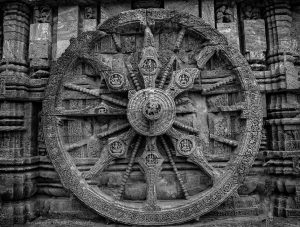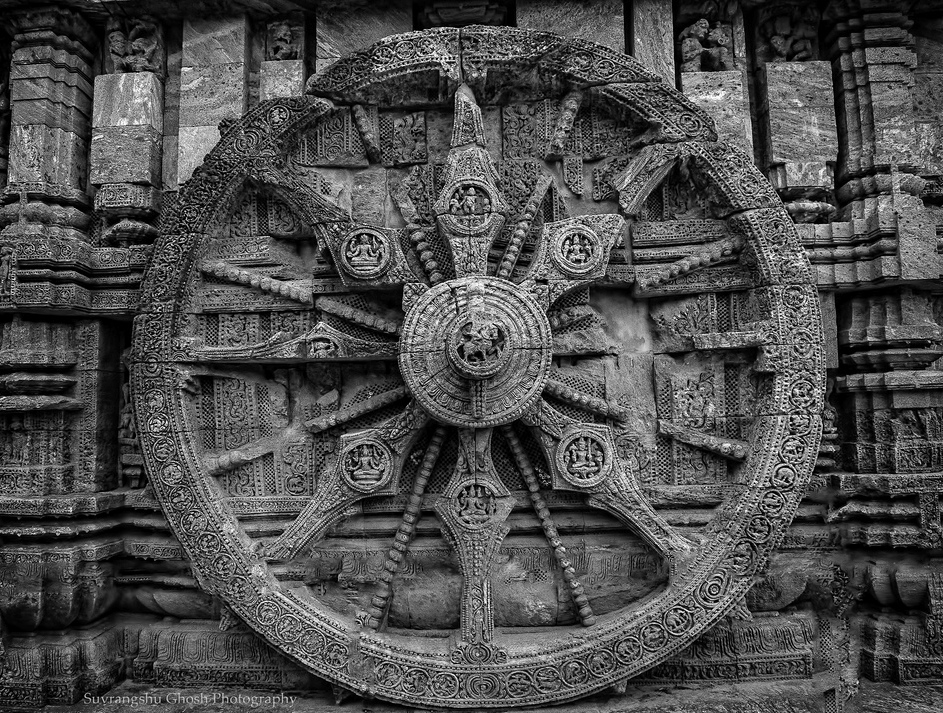 To John W. Yolton
To John W. Yolton
Via Santo Stefano Rotondo, 6
Rome. August 29, 1951
Dear Yolton,
During the last few days I have not been well, or I should have answered your letter of the 24th at once; for I am interested in your getting my point of view straight, as you are perfectly able to do, no matter how unfamiliar it may be to you.
A moral system, in my opinion, cannot be “bad”, since it is the good as revealed to the Primal Will which that system expresses; that is, if it is the genuine morality of that person or society. Jewish religion and its offshoots are not “bad” for being militant; they have to be militant because their “good” is partly material, such as prosperity, length of life, and personal immortality; and universal domination is a “good” in that system. If it were a spiritual system the question of universal domination would not arise for it, because spiritual goods, like correct grammar in one language, does not interfere with goodness in the different grammar of another language.
Militancy, in other words, is not implied in the inflexibility of a moral regimen. The inflexibility comes from the truth with which it expresses Primal Will at home; it becomes “bad” for another phase of Primal Will, when it attempts to legislate for that other Will abroad.
The third “Book” in Dominations and Powers is concerned with rationality in government rather than with moral rightness in precepts or ideals. Moral rightness has its credentials in nature. All life, if not all existence, has an intrinsic direction; it therefore evokes phantoms of good and evil according as things (or words) seem to support or impede its own élan. There can be no question, no possibility, of abolishing moral allegiance: only, when it breaks down in part, to get it together again rationally, in its own interests.
If I seem to you to be condemning militancy or unification, it is only because, in my own heart, I love things that have grown perfect, and hate the ideas that sanction the ugly impulses that come to destroy those perfections. And there is an ultimate mystical aspiration (not personally strong in myself) that would really transcend good and evil. It would not make any type of existence dominant, but all, in their perfection, coexistent, as in the realm of truth. That all evils remain unexpunged there spoils this prospect for the moral man, with his vital specific standards. But it appeases the Primal Will, which bred all those goods and evils, by the lapse of Will itself, as in Buddhism and even in Schopenhauer. I have drawn a good deal from both.
Yours sincerely
G Santayana
P.S. You might compare the chapter on Chivalry in my book with all this. Also the motto from the Upanishads at the beginning of the Realm of Spirit.
From The Letters of George Santayana: Book Eight, 1948-1952. Cambridge, MA: The MIT Press, 2008.
Location of manuscript: Unknown.
